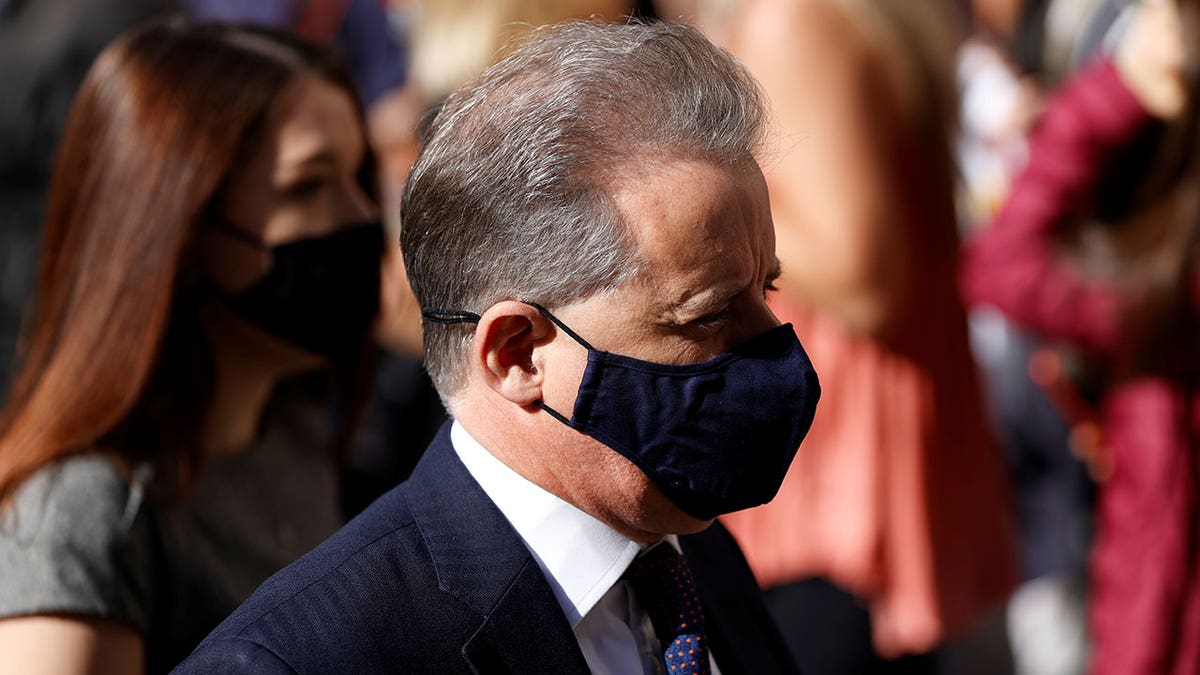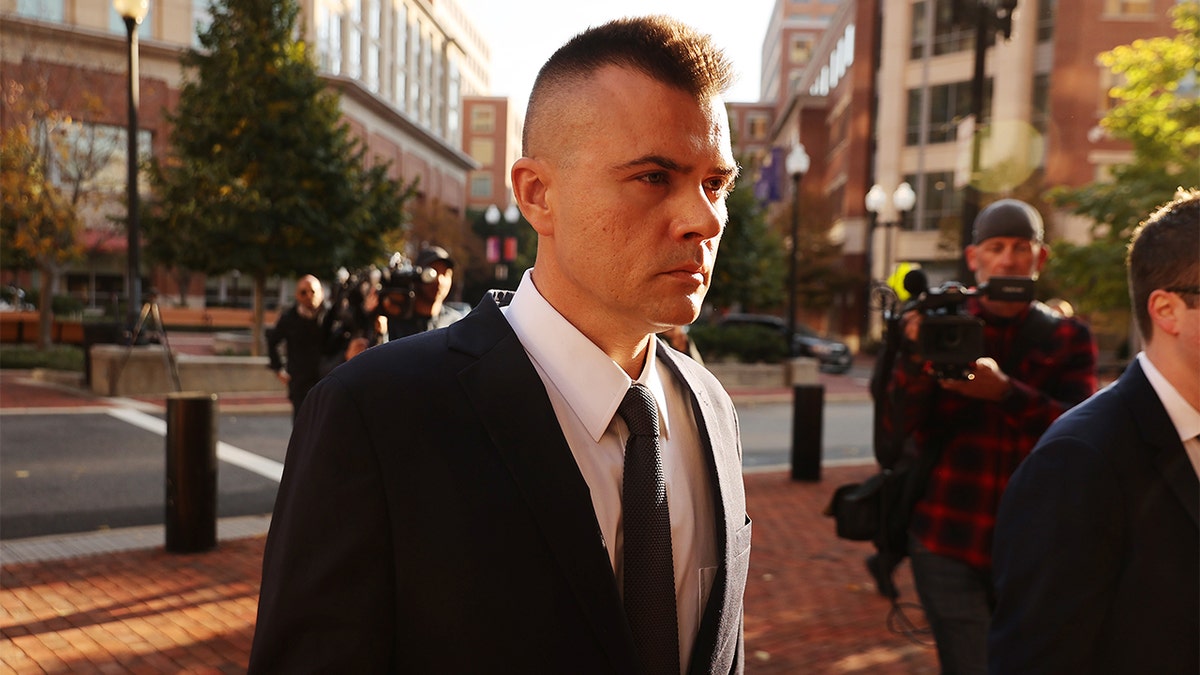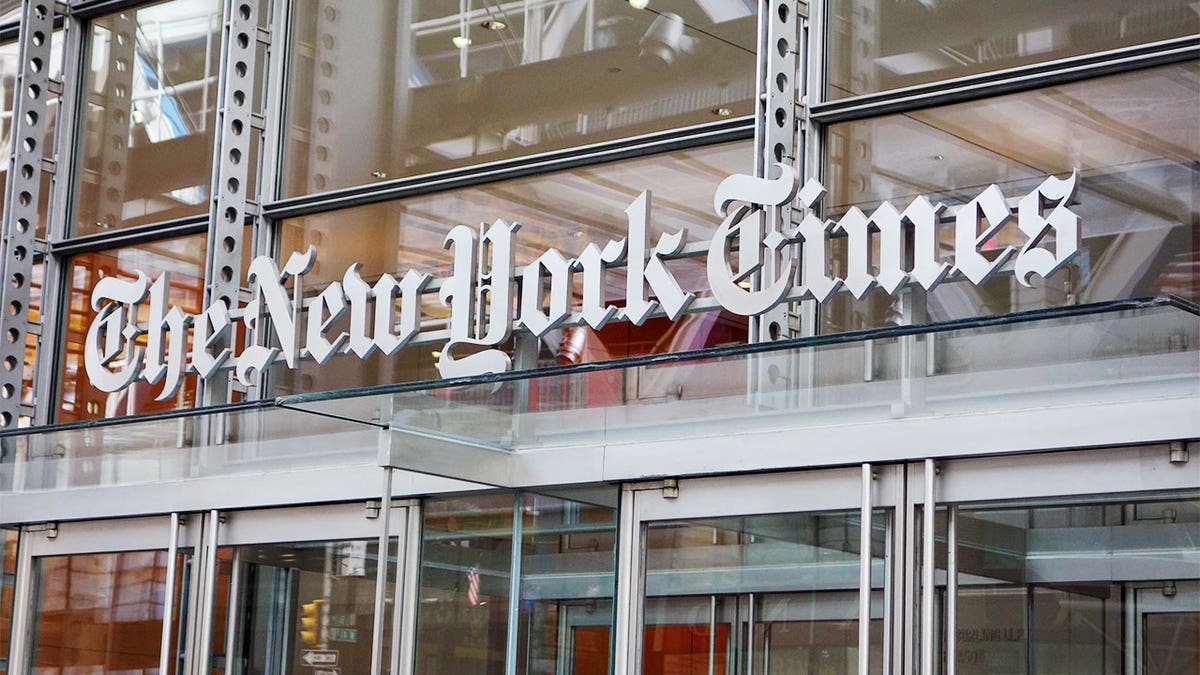Montage: Media pushed narrative that Steele dossier wasn't 'disproven' for years
CNN and MSNBC heaped credibility on the discredited Christopher Steele dossier alleging Russian collusion with the Donald Trump campaign.
In a new article, The New York Times attempted to minimize the impact of the Steele dossier on the Russia investigation against President Trump.
On Wednesday, national security reporter Charlie Savage explained in his story, titled "Why the Discredited Dossier Does Not Undercut the Russia Investigation," that the now-debunked list of memos was not the basis for the main investigation into ties between Trump and Russia.
MIKE POMPEO ON ‘KILMEADE SHOW’: MEDIA TOOK THE BAIT ON DEMOCRATS’ RUSSIA ‘DISINFORMATION’
"Beyond its narrow role in facilitating the F.B.I.’s wiretap of Mr. Page, the dossier’s publication had the broader consequence of amplifying an atmosphere of suspicion about Mr. Trump," Savage wrote. "Still, the dossier did not create this atmosphere of suspicion. Mr. Trump’s relationship with Russia had been a topic of significant discussion dating back to the campaign, including before the first report that Russia had hacked Democrats and before Mr. Steele drafted his reports and gave some to reporters."
He also tweeted out, "New explainer: It’s become clear that the Steele Dossier was unreliable & unworthy of the attention it received. But it was also a largely tangential distraction from the actual Russia investigation, despite misleading attempts to conflate them."

Former British spy Christopher Steele arrives at the High Court in London, Britain, July 20, 2020. REUTERS/John Sibley (REUTERS/John Sibley)
In 2017, a publicly released list of memos compiled by former British intelligence officer Christopher Steele implied an extensive conspiracy between Trump and Russians to influence the 2016 presidential election. Although the key claims in the dossier could not be proven by the FBI, it became the basis for a secret warrant to investigate Trump aide Carter Page as well as the FBI investigation Crossfire Hurricane.
In November, the dossier’s credibility took a greater hit after the primary sub-source Igor Danchenko was arrested and charged with five counts of making false statements to the FBI. The dossier was also originally commissioned by a research firm hired by Hillary Clinton campaign lawyer Marc Elias.
Despite the questionable background of the dossier, the Russia investigation continued to be pushed as a credible result, including by the New York Times.
Critics called out the article for attempting to downplay the dossier’s role in the initial investigation.

Russian analyst Igor Danchenko arrives at the Albert V. Bryan U.S. Courthouse before being arraigned on November 10, 2021 in Alexandria, Virginia. Danchenko has been charged with five counts of making false statements to the FBI regarding the sources of the information he gave the British firm that created the so-called "Steele Dossier," which alleged potential ties between the 2016 Trump campaign and Russia. (Photo by Chip Somodevilla/Getty Images) (Chip Somodevilla/Getty Images)
The Federalist senior editor and Fox News contributor Mollie Hemingway tweeted, "Even moreso, it's clear some of the dossier's biggest peddlers aren't just trying to downplay the role it played in their own ‘reporting’ but pretend that ONLY the dossier aspect of the Russia collusion hoax was problematic. Give it up, hoaxers. Your credibility: gone."
"The Steele Dossier wasn’t tangential to the Trump-Russia investigation — it was a central & essential part of it," Washington Examiner reporter Jerry Dunleavy wrote "
"Thought experiment. If the Steele dossier never existed, what would have happened from July 2016 onward? Crossfire Hurricane likely fizzles out. No Comey briefing to Trump, and none of the events that followed from that. No Mueller," Washington Free Beacon reporter Chuck Ross said.

The New York Times is accused holding a story about damage to Kenosha businesses until after Biden won the election. (Photo by DON EMMERT/AFP via Getty Images) (DON EMMERT/AFP via Getty Images)
Several media outlets promoted the dossier over the course of Trump’s presidency as "not disproven" and used it to extensively to push the conspiracy that Trump colluded with Russia.
Fox News’ David Rutz contributed to this report.








































